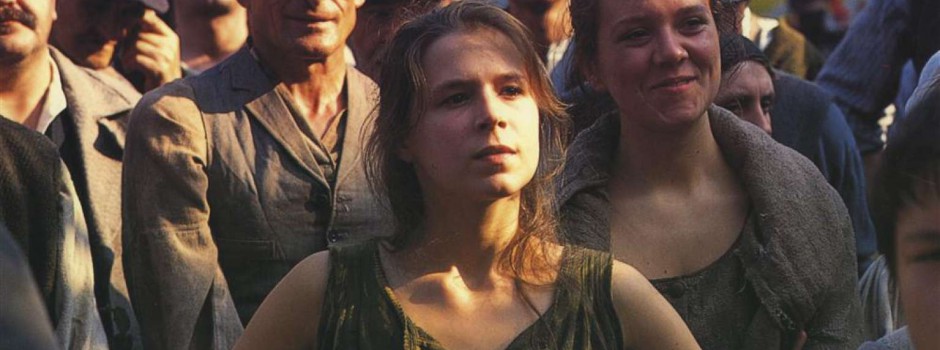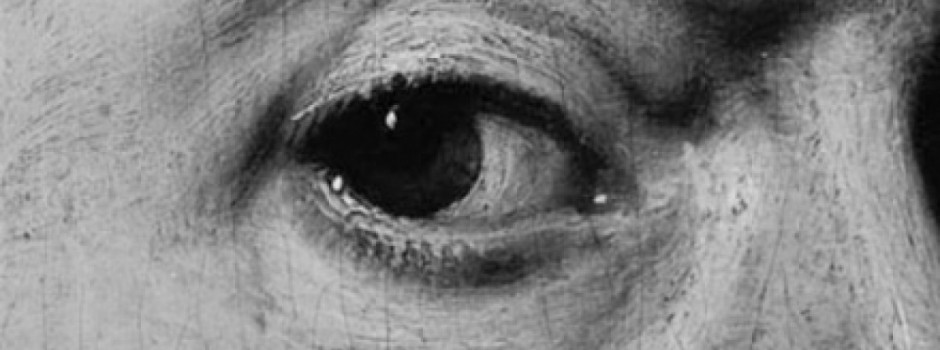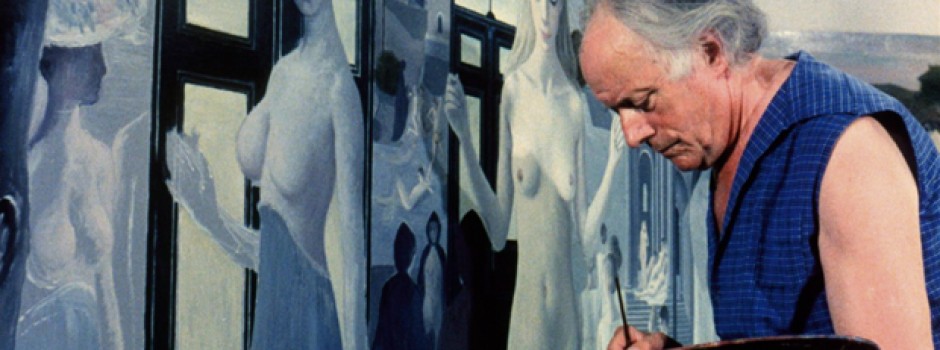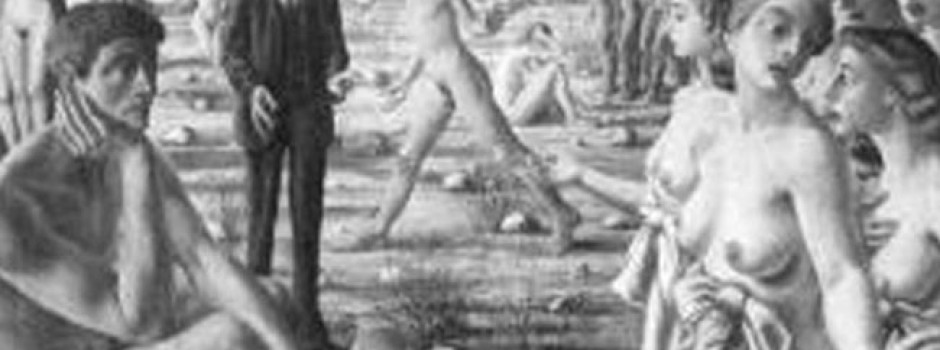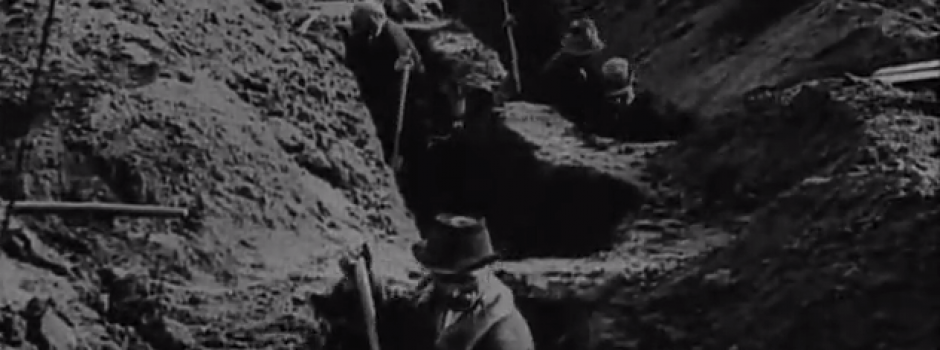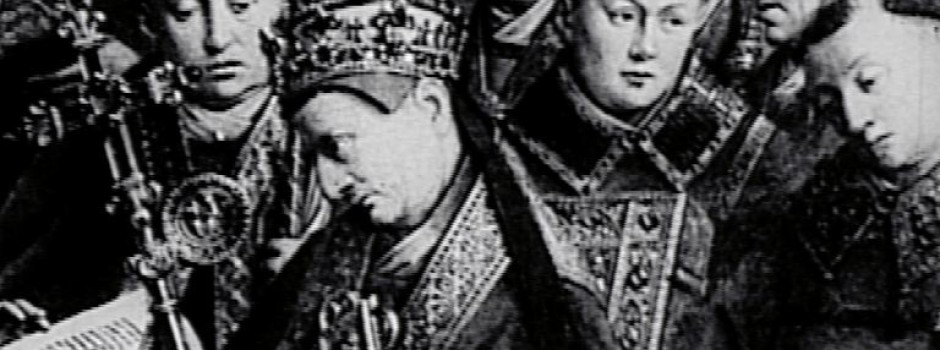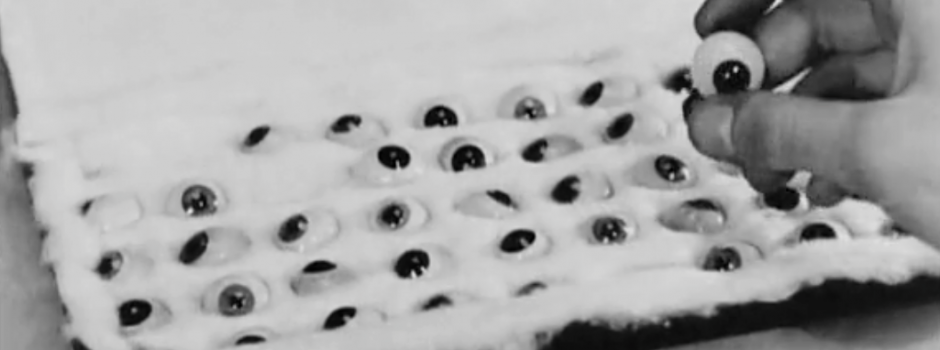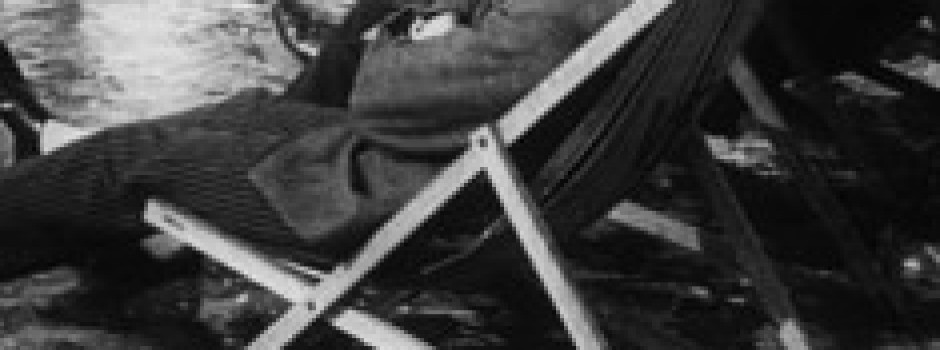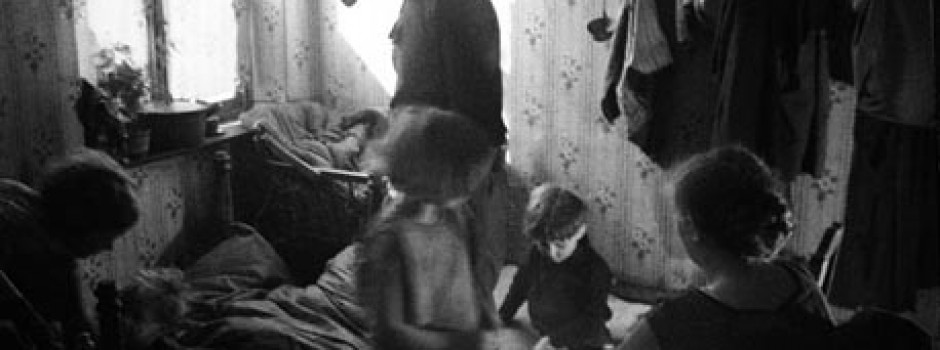- Topics
- Analyse
- Cinema Made in Belgium
- Contact
Tag
Henri Storck
Daens (1992)
This period drama by the Belgian director Stijn Coninx tells the true story of the Catholic priest Adolf Daens (1839-1907). In the late 19th Century, he strove to improve the working conditions of the workers, including young children and women, in het textile industry in Flanders. Even if it meant he had to go into politics.
Read MoreDate: 11 Sep 2015
Comment: Comments are off
Rubens (1948)
Henri Storcks documentary on the work of Pieter Paul Rubens is a true lesson in art history. Through evocative split screens, Rubens’s fluid and natural style is systematically set against the relative stiffness of Flemish Primitive painters like Dieric Bouts and Jan Van Eyck. Storck clearly feels at ease when taking on the role of the art history teacher. Despite his didactic approach, the experimental filmma
Read MoreDate: 11 Sep 2015
Comment: Comments are off
Date: 11 Sep 2015
Comment: Comments are off
Paul Delvaux ou les femmes défendues (1969-1970)
In 1969, Henri Storck revisits the work of Paul Delvaux. This time, the now internationally renowned painter himself is at the centre of the image as well as the narrative.
Read MoreDate: 11 Sep 2015
Comment: Comments are off
Le monde de Paul Delvaux (1944)
In this film, Henri Storck, one of Belgiums most prolific experimental and documentary film makers, evokes the poetic world of the surrealist painter Paul Delvaux (1897-1994), then on the verge of his international breakthrough. The paintings and drawings are at the center of the film makers’s attention. The painter himself is present only through his work. The work of Delvaux inspired several Belgian do
Read MoreL’Agneau Mystique (1939)
L’Agneau Mystique (André Cauvin, 1939) is a pioneering Belgian art documentary about the Ghent Altarpiece by Jan and Hubert Van Eyck (1432). The dynamic style of the film influenced the post-war art documentary, notably the later films by Henri Storck (e.g., Rubens, 1948). Its director, André Cauvin (1907-2004) would later gain fame with his documentaries about The Belgian Congo, of which Bwana Kitoko (1955) is
Read MorePour vos beaux yeux (1929)
This early avant-garde film by Henri Storck and the French Surrealist painter Félix Labisse (1905-1982) introduced Storck in the international avant-garde movement. One year after Un chien andalou (Luis Bunuel, 1928), For Your Beautiful Eyes presented another surrealist vision on eyes, gaze and vision.
Read MoreTrains de plaisir (1930)
The seaside city of Ostend appoints native Henri Storck as its first official city cinematographer. This results in a series of lyrical short films (fiction as well as documentary) on daily life in Ostend: herring fishing, bathing, beach life and city dwelling. Trains de plaisir (Pleasure trips, 1930) is an idyllic and affectionate homage to lazy Sundays spent at the beach. In these early films, we recognize Storcks
Read MoreDate: 30 Sep 1934
Comment: Comments are off
Misère au Borinage (1933)
In 1933 leftist film maker and founder of experimental cinema in Belgium, Henri Storck (1907-1999) makes a documentary on life in Belgium’s dead poor mining region, Borinage (in the Charleroi region). Its subject as well as its style shook the world and Misery in the Borinage became a landmark in documentary film making. Later on, its mixture of documentary, newsreel footage and re-enacted scenes was coined neo
Read More12

